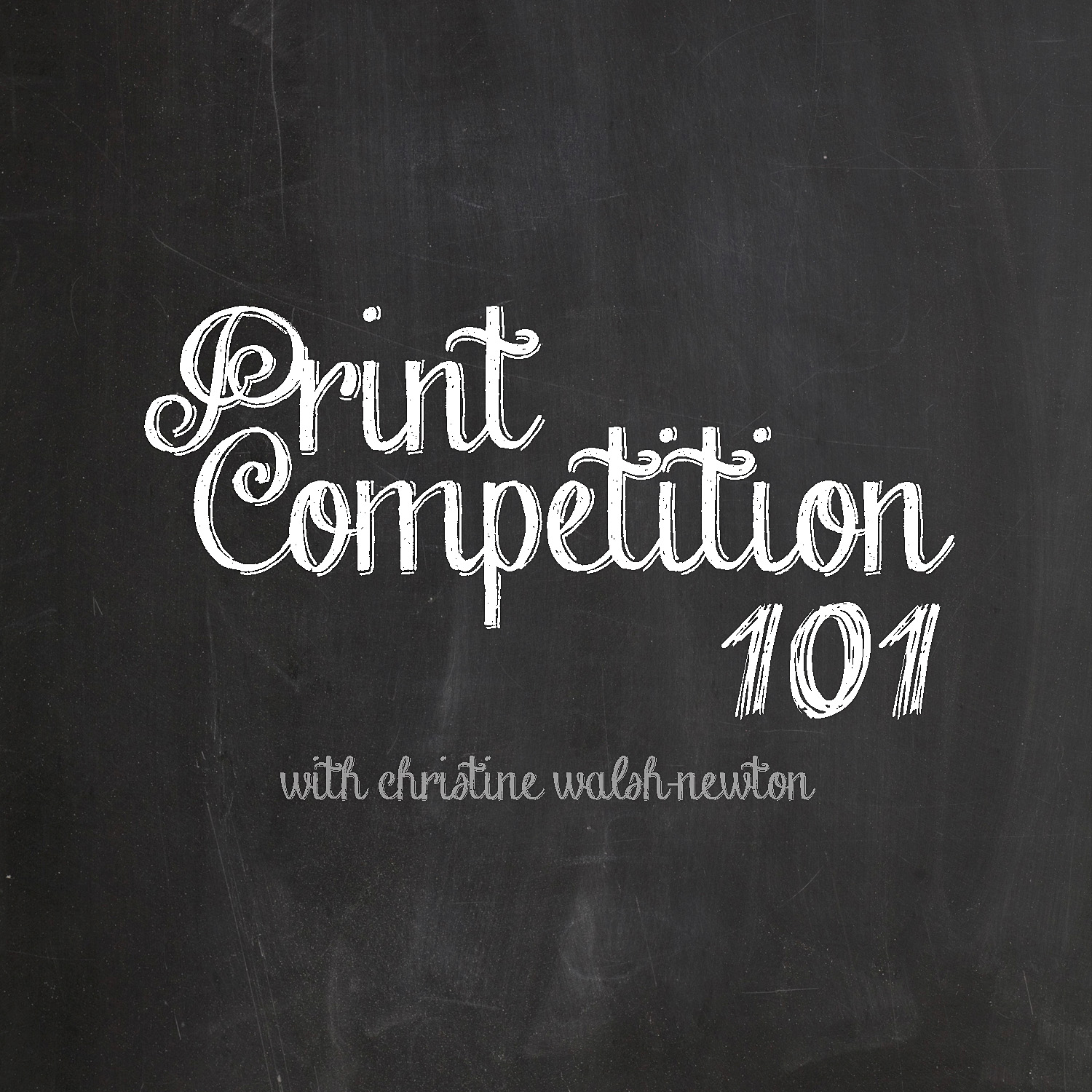In the past, one was required to have a CPP before they could receive their Master’s degree from the PPA. This didn’t seem to be a popular prerequisite and I remember seeing that the list of Master’s degree recipients was quite a bit longer than normal the first year this requirement was banished. Some folks couldn’t pass the certification requirements and some folks refused to, so when the opportunity presented itself, those folks that had been sitting out because of the certification requirement were fairly numerous.
No matter what the reasoning for it’s implementation and subsequent de-implementation, I think the overall concept had a lot of merit. A major key to doing well in image competition is understanding basic photographic theory and skills – understanding and skills that are confirmed via certification.
One of the things I’ve found in my teaching of print competition workshops is that there is a certain contingent of potential competitors with stars in their eyes. They see their peers and colleagues bringing home the bling and they want to be in on the coolness, too. That’s groovy, that’s fine.
But.
While the competition process is just full of wonderfulness and joy, the message that is missed time after time is that one must be very technically competent in order to do well. And when that message is missed or ignored, we wind up with a number of folks that aren’t very pleased by their results to the point of throwing in the towel and never entering again. To them, competition was a negative experience, and that’s not good at all.
Generally I find that the most enthusiastic new competitor is often the most photographically unskilled, and time after time, my public classes come to a screeching halt while I explain a basic technical concept to a confused competitor. Explaining basic concepts is fine, you’ve got to learn somewhere and some time – (hopefully, the sooner, the better) – but I find that most folks are diving headfirst into competition before they’re truly ready. I would never discourage an enthusiastic student, ever, but in order to maximize the quality of time we spend together in a mentoring situation, our time can’t be spent on learning the basic photographic skill set that is important to have in place before competing.
Since I teach print competition classes on a regular basis, I’m usually asked if I mentor privately. The answer is “yes” but I also require that my mentorees have obtained their CPP, or at least passed the exam portion of the requirements before we start working on competition images.
Why?
The CPP designations assures me that my input and critiques will be understood and respected. Private mentoring takes a chunk of our time and sometimes a chunk of money and I want to make sure that both are spent as wisely as possible. Spending both on remedial lessons results in a less than satisfactory competition mentoring experience.
Imagine a new competitor, all bright and enthusiastic, bringing their portfolio of work to me to begin a process of culling and refining it for competition. Now imagine that during our critique portion it becomes apparent that the mentoree has minimal understanding of directional light, has never heard of ratios and does not know that the distortion from their 50mm lens is causing issues in almost every single portrait they are showing me.
That’s unfortunate, really unfortunate. Because their expectation was that they would wrap up our session with some definite competition possibilities that they just need to refine a bit, but instead, they end up with no competition possibilities at all, and a day that ended with them feeling they do not have a handle on what they are doing. It doesn’t matter how carefully and kindly I approach it – their expectations for the mentoring session were not met.
Occasionally, I’ll have a student who is in the middle of their learning process. If I see that they are pursuing and embracing what they are working on, I will certainly work with them, but at this point – we are both aware that the results may not come as quickly as for others and can adapt our expectations accordingly.
By requiring a CPP or at least a few feet deep into the process, I’m assuring us both that our time together will be productive and the student will go home happy. If certification isn’t in the works, then I can get them started in that direction with resources, study groups and recommendations for classes and instructors that will help them bring their skill set up to snuff. I’m a CPP Liaison for Ohio, so I’ve got a whole different way of helping those pursuing certification.
And as a caveat for those who are just chomping at the bit to find fault with this process – I do waive the requirement if it is apparent the mentoree is chock full of technical talent and passing the CPP exam would be a mere formality. Yes, I still encourage pursuing the CPP – but I’m not going to take such a hard-nosed stance on it – this student will “get” the critique portion of our day, which is the whole point of the requirement to begin with.
By requiring my mentorees to have a certain level of technical competence before we attempt competition activities together, I’m helping them to obtain the highest level of success possible. We can spend our time as productively as possible and maximize the results of our efforts.
My public classes will always be open to students of any skill level and I will do my best to keep everyone on the same page as much as possible, but when it comes to one-on-one education, I’m going to require a certain level of technical competence before we begin.
It’s a good thing – for both of us.
